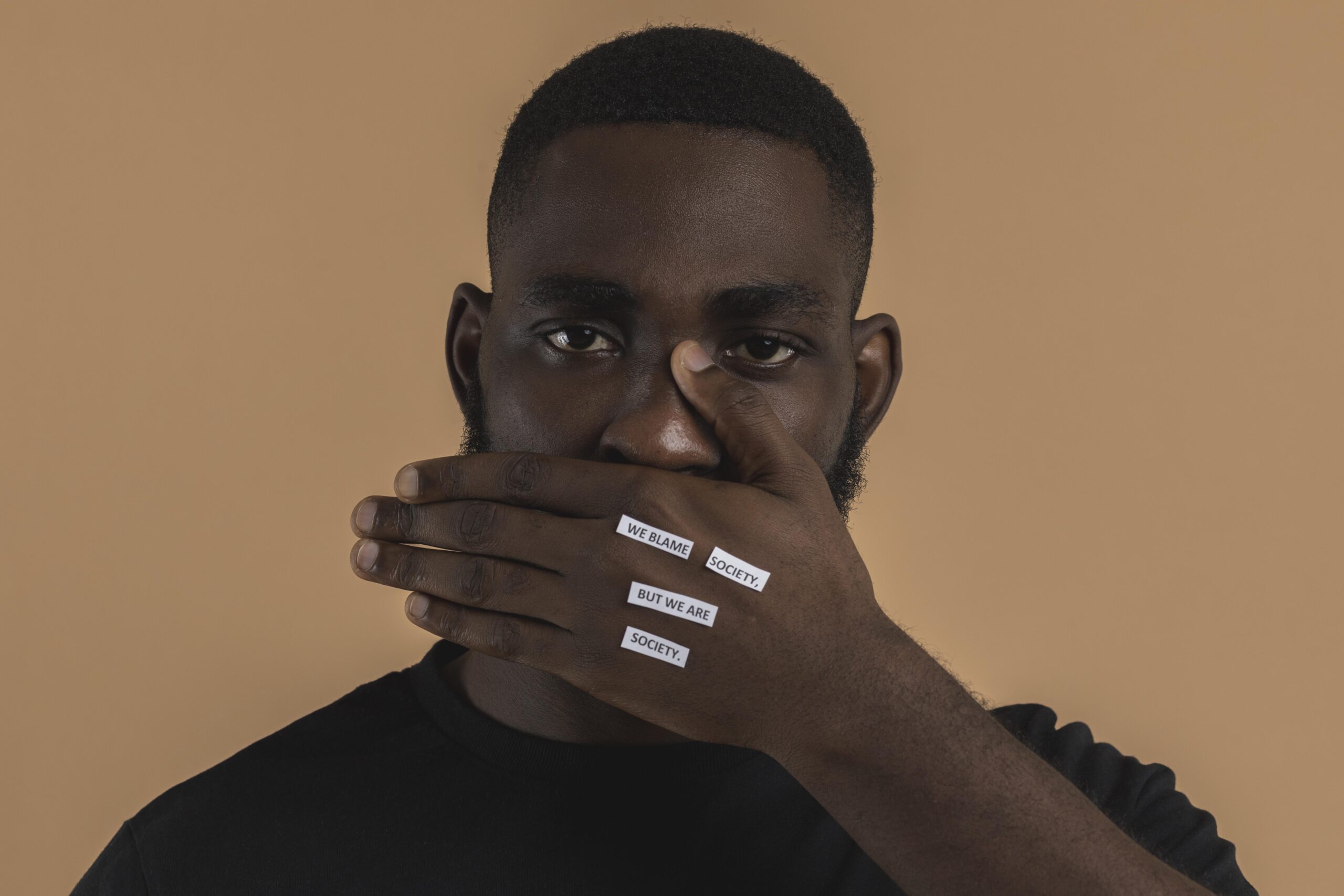Men are unique when it comes to how they deal with their vulnerable sides, emotions, and struggles. This resonates with how men are brought up in terms of to what extent they can express themselves. Women speak about their emotions more than the average man does, and this is contributed by family, friends, and society at large. Men choose to be silent about their struggles, and the impact is grave, such as the higher suicide rates among our male population.
Family
From a young age, we are brought up with the mindset that men must be strong, regardless of anything. Mothers typically do not want a “weak” son who is constantly crying, and on other other hand, fathers typically want a strong son and expect him to brave tough times. Moreover, generally women don’t want a man who always complains. These are the conditions that boys grow up with into adulthood. Men are not particularly brought up to express themselves but to just strive through life’s struggles, as vulnerability supposedly makes them weak. Boys are taught that talking will not solve their problems.
How men view their parental figures is also important in this regard. “I have never seen my father cry, and my mother always got angry when I would cry; this made me believe that men are not supposed to cry.” It’s often true that mothers teach their sons softness and how to care for themselves, whereas fathers teach their sons the hardships of life and turn their sons into stoic people.

Friendships
The same-sex friendships that men have also play a role in men’s silence: “our friends tend to make jokes about what we go through and often express that they do not want a weak friend.” This silences men and prevents them from being vulnerable with their male friends. However, this sometimes results in them expressing themselves more to their female friends. Since men are also not taught how to be responsive to their feelings, they would also not be able to be responsive to other people. The peer pressure men experience from their friends also plays a role, as men are prone to being competitive.

Society
The roles men inherited and take up can cause them to become individuals who are quiet when it comes to their struggles, and the ranks they hold in society and within their communities contribute to them being closed off to keep up the image of being powerful. Most male individuals refuse to go to therapy to deal with their trauma because they have the mindset that they are not supposed to open up about everything, not show emotion, not cry. But rather to keep up an image they portray to everyone.
“The pressure of being able to provide and be greater than the next man is suffocating.”
But what really happens behind closed doors? Men suffer. They have all these bottled-up emotions and thoughts with no support system due to the walls they have created but also due to the fact that men’s mental health issues have, for the longest time, been almost classified as a myth. We all play a role in how much we disregard the impacts we leave on men’s mental and social issues.
Men resort to other outlets such as drug usage, violence, alcohol, hustle culture, and sports to deal with what and how they feel. We all need to let go of the narrative that men are stoic and are just meant to be providers. We need to encourage men to speak out and speak up, cater to their mental health issues, and remind them that they are human beings and that they too have feelings which they are free to express without judgment.



